The practice of trekking offers the opportunity to explore stunning natural environments and also plays a crucial role in promoting overall health. This type of physical activity provides benefits for both the body and the mind, becoming an enriching way to stay active and balanced in modern life.
By immersing themselves in nature and tackling physical challenges, trekking enthusiasts can experience a variety of benefits that extend beyond simple physical activity. From improvements in cardiovascular health and muscle strengthening to stress reduction and connection with nature, trekking becomes a valuable tool for those seeking to enhance their overall well-being. In this quest for outdoor adventure, health becomes an inseparable companion, merging physical activity with the exploration of natural environments, creating an experience that nurtures both the body and the spirit.
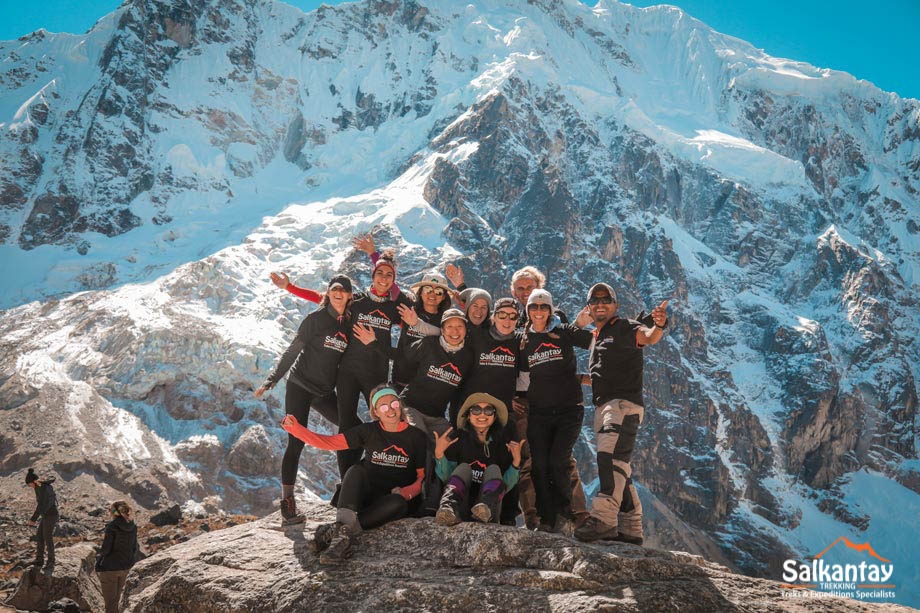
Trekking, which involves walking long distances through natural environments, offers numerous health benefits, both physical and mental. Here are some of the highlighted benefits:
Physical Benefits
Cardiovascular Improvement: Trekking involves aerobic activity, strengthening the heart and improving blood circulation.
Muscle Strengthening: Walking on varied terrain engages different muscle groups, contributing to the strengthening of legs, buttocks, back, and abdomen.
Weight Control: Consistent activity helps burn calories, aiding in weight management and fat burning.
Bone Health Improvement: Trekking, especially on challenging terrain, can contribute to the strengthening of bones and joints.
Increased Endurance: Walking long distances and facing varied terrain can enhance overall physical endurance.
Respiratory Health Enhancement: Aerobic activity increases lung capacity and improves respiratory system efficiency
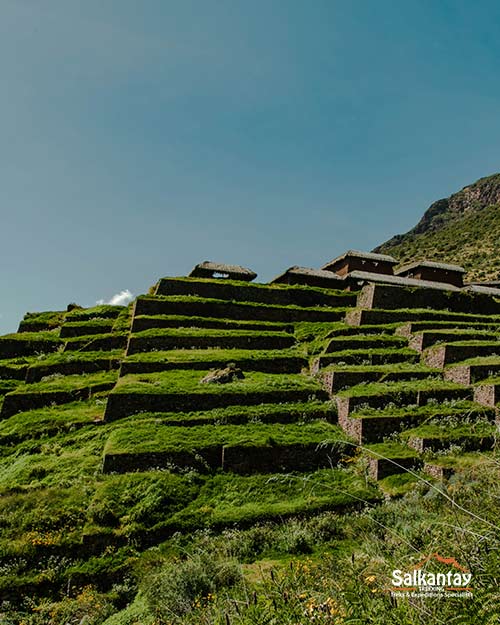
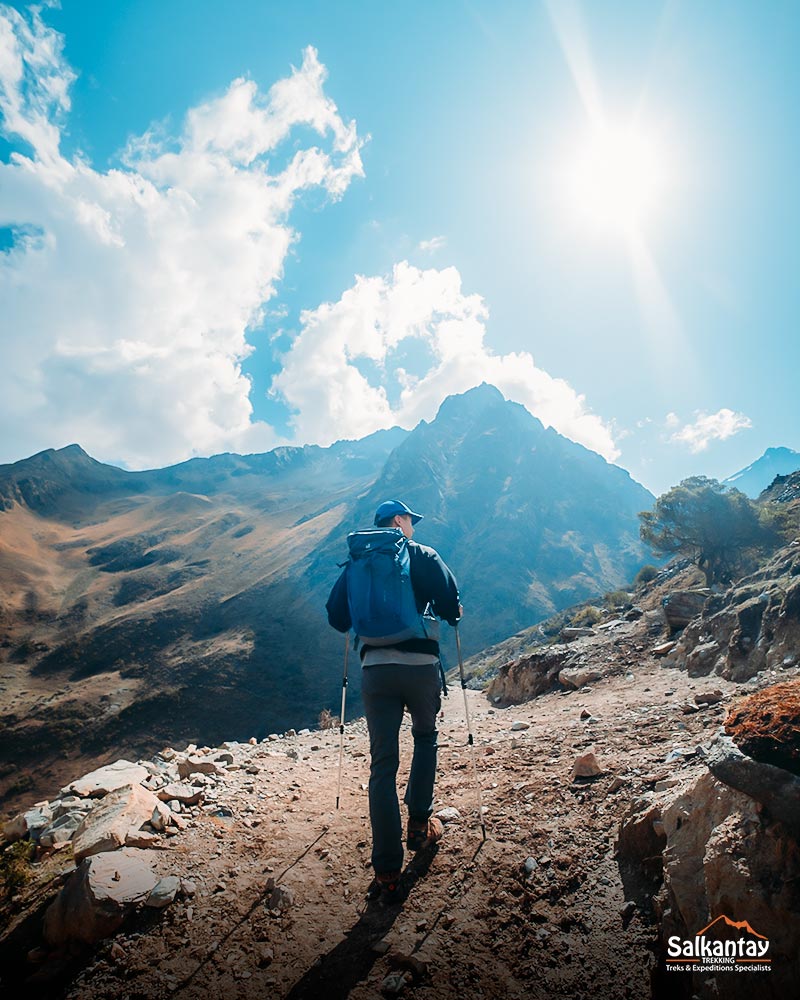
Mental and Emotional Benefits:
Stress Reduction: Being in nature and engaging in physical activity helps reduce stress levels and promotes relaxation.
Mood Enhancement: The release of endorphins during exercise can have a positive impact on mood, helping combat anxiety and depression.
Connection with Nature: Trekking provides the opportunity to disconnect from urban life and connect with nature, which can have positive effects on emotional well-being.
Mental Stimulation: Navigating changing terrains, problem-solving, and decision-making during trekking can stimulate the mind.
Improved Sleep: Regular physical activity and exposure to natural light during the day can contribute to a better sleep pattern.
Boost in Self-Esteem and Confidence: Overcoming challenges in nature can increase self-esteem and self-confidence.
It’s important to note that before embarking on an extensive trek, it is advisable to consult with a healthcare professional, especially if there are pre-existing medical concerns. Additionally, proper preparation with equipment and knowledge is essential to ensure a safe experience.
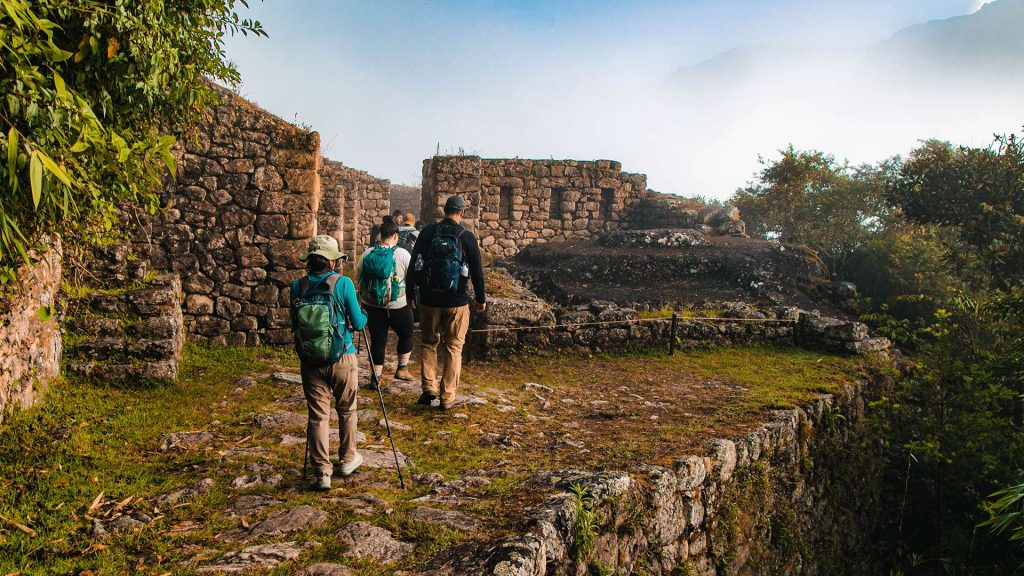
Cardiovascular Benefits:
Blood Pressure Control: Regular physical activity, such as trekking, can help maintain blood pressure at healthy levels, reducing the risk of cardiovascular diseases.
Improvement in Lipid Profile: Aerobic exercise can elevate high-density lipoprotein (HDL or “good cholesterol”) levels and lower low-density lipoprotein (LDL or “bad cholesterol”) levels, thus improving the lipid profile.
Muscular and Articular Benefits:
Prevention of Musculoskeletal Diseases: Regular trekking can help prevent diseases such as osteoporosis and osteoarthritis by strengthening bones and joints.
Posture Improvement: Trekking on varied terrain promotes stability and coordination, contributing to better posture and preventing back problems.
Metabolic Benefits:
Glucose Control: Regular physical activity can improve insulin sensitivity, aiding in glucose control for individuals with diabetes or at risk of developing type 2 diabetes.
Metabolism Stimulation: Trekking can increase basal metabolism, contributing to weight control and maintaining a healthy body mass index.
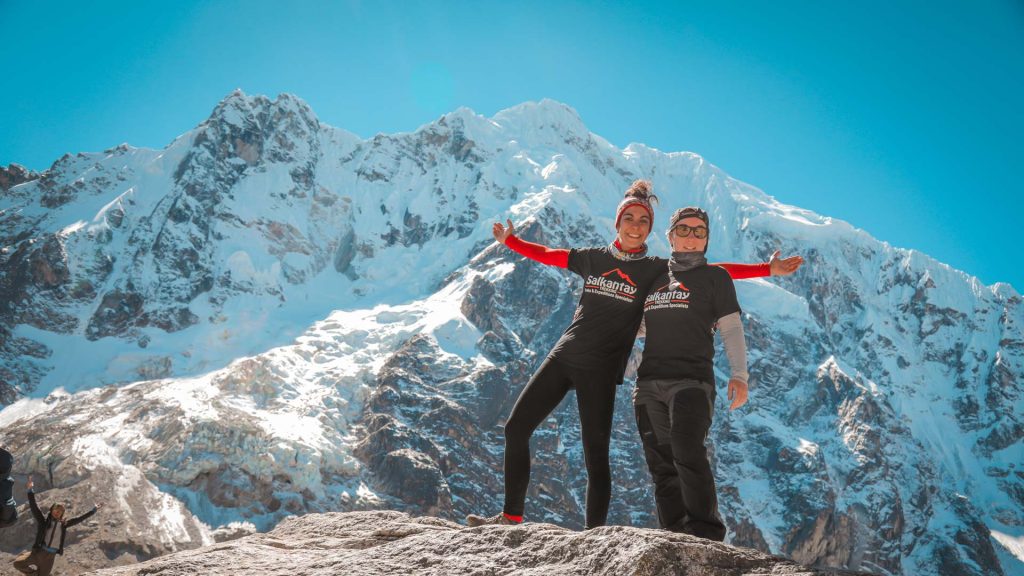
Mental Health Benefits:
Reduced Risk of Mental Disorders: Regular physical activity is associated with a lower risk of developing mental disorders, such as dementia in old age.
Improved Cognitive Function: Aerobic exercise, like trekking, has been linked to improvements in memory, concentration, and other cognitive functions.
Important Considerations:
Environmental Effects: Exposure to natural light and fresh air during trekking can have positive effects on circadian rhythms and respiratory health.
Gradual Adaptation to Physical Effort: It is essential to start gradually and allow the body to adapt to physical effort, especially for individuals not accustomed to regular activity.
Hydration and Nutrition: Staying hydrated and maintaining proper nutrition are crucial for performance and health during trekking.
Remember that the information provided does not substitute for professional medical advice. Before starting any exercise program, especially in cases of pre-existing medical conditions, it is advisable to consult with a healthcare professional to ensure that it is safe and suitable for your individual situation.
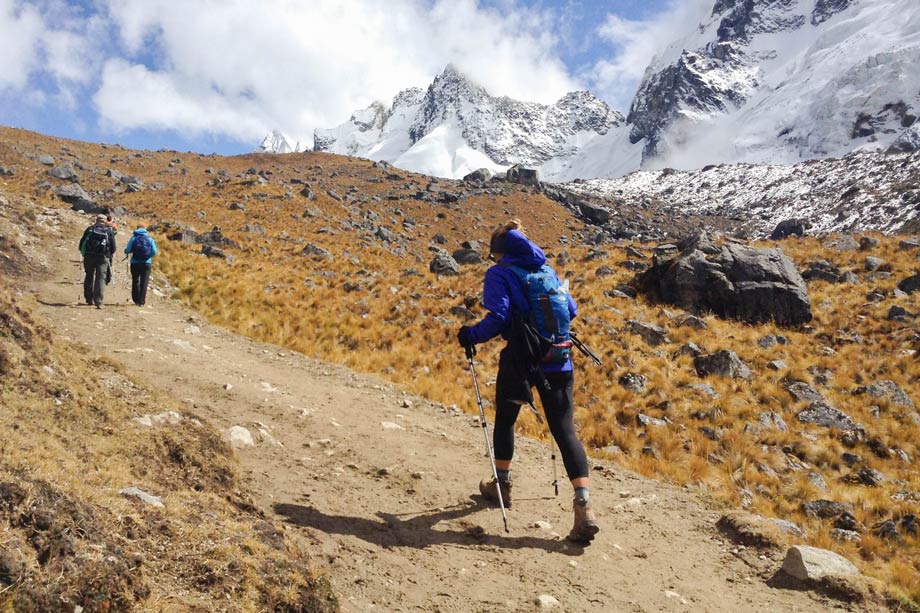
Trekking Tips:
Physical Preparation: Before embarking on an extensive trek, it is advisable to engage in physical conditioning exercises to strengthen specific muscles and improve endurance.
Footwear Choice: Use suitable and comfortable footwear, preferably trekking boots, to provide good support and prevent foot injuries.
Appropriate Clothing: Wear comfortable and suitable clothing for the activity and weather conditions. Layers are useful for regulating body temperature.
Route Planning: Research and plan the route in advance, considering the difficulty of the terrain, estimated duration, and the availability of resources.
Constant Hydration: Carry enough water and stay well-hydrated during trekking. Knowing water sources along the route is crucial.

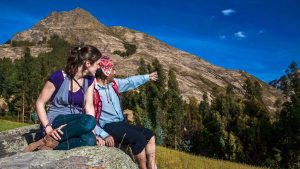
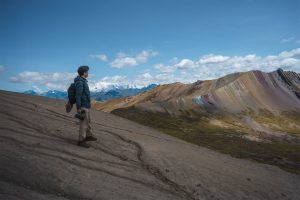
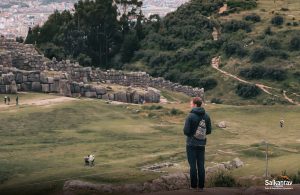







Leave A Reply